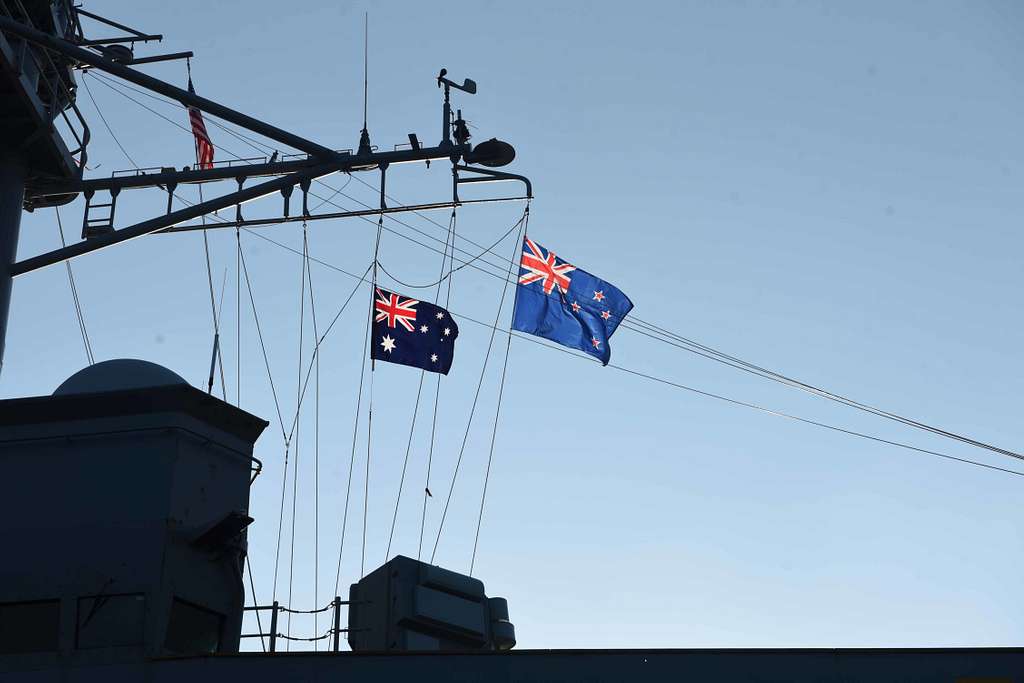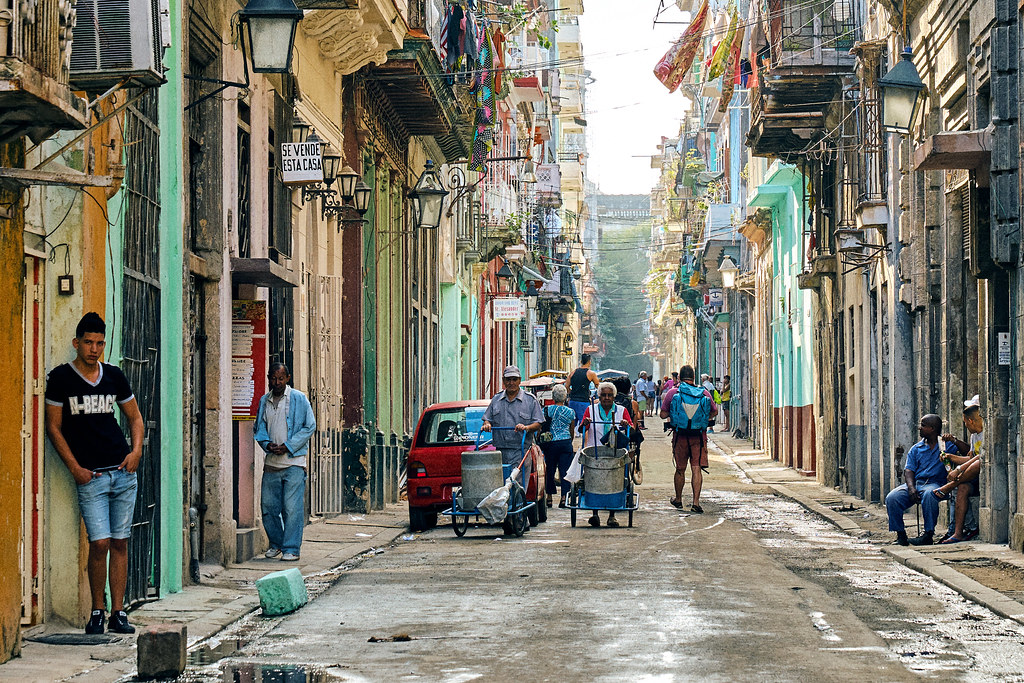The Pahalgam attack marks a turning point in South Asia’s security landscape, amplifying geopolitical tensions and straining India–Pakistan relations. With diplomacy frozen and regional stability at risk, the incident underscores the urgent need for recalibrated counterterrorism strategies and renewed multilateral engagement.
The terror episode at Pahalgam, Kashmir, in April 2025 marked a significant shift in the contemporary security narrative of South Asia. Not only did militants connected to The Resistance Front—a proxy allegedly linked to Pakistan-based Lashkar-e-Taiba—kill 26 civilians, mostly Indian tourists, but they also gravely destabilised regional equilibrium and resurrected the threat of cross-border terrorism. The incident triggered an immediate surge in regional tensions, heightened security alerts across Kashmir, and prompted diplomatic protests from India, intensifying pressure on Pakistan over cross-border militancy.
The Decline of Bilateral Trust and Regional Diplomacy
The breakdown of the already fragile India–Pakistan diplomatic relationship could have been the most immediate and awful result of the Pahalgam assault. India’s quick charge that Pakistani-backed terrorists planned the assault brought up historical complaints. Within days, both countries cancelled diplomatic talks, visa access, and expelled officials. While Islamabad reacted by stopping trade, suspending the Shimla Agreement, and restricting its airspace to Indian flights, New Delhi repudiated the Indus Waters Treaty—long thought to be a bedrock of bilateral cooperation. These responses show a rising lack of confidence between the two nuclear-armed neighbors. Formal diplomatic channels are now frozen, therefore removing avenues for crisis de-escalation. The assault not only disrupted existing confidence-building initiatives like backchannel diplomacy and people-to-people exchanges but also entrenched the hardline diplomatic stances of both India and Pakistan, making future negotiation less likely.
Both India and Pakistan have used the Pahalgam disaster as a political catalyst to consolidate internal authority. The ruling Bharatiya Janata Party (BJP) in India has used public anger to support its strong-on-security image, particularly in the context of electoral gains in northern states. With its nationalist objectives, Prime Minister Narendra Modi’s administration responded with aggressive rhetoric and escalated military and police activity in Kashmir. Among Indian voters, the story of avenging the martyrdom of civilians resonates strongly and has given political capital for greater internal security policies, including increased police authority and surveillance in Kashmir.
The government of Pakistan has characterised India’s claims as slander and a diversionary strategy. Denying complicity, Pakistan’s government has mobilised internal support against projected Indian aggression, accusing India of orchestrating a “false flag” strike instead. These stories polarise both sides and provide little space for moderation or bilateral diplomacy. As a result, the attack has reinforced a recurring populist-nationalist pattern: both governments amplify nationalist sentiment and tighten internal control by invoking the threat of external aggression.
The Pahalgam attack will have several financial repercussions. Most directly, Kashmir’s tourism industry has suffered. Visitor targeting has diminished confidence precisely when the area was recovering travel attraction. Cancellations have already resulted in significant losses for local companies relying on tourism—hotels, guides, and transportation. The psychological effect of the assault is probably going to dissuade not just internal mobility but also investment in Kashmir’s faltering economy. Regionally, the decrease of commercial connections between India and Pakistan—already limited since 2019—further compromises economic integration. Visa cancellations by Pakistan and restriction of flights interfere with trade flows and logistical infrastructure. Furthermore, and especially in industries like energy and infrastructure needing cross-border collaboration, the diplomatic impact has had a cooling impact on foreign direct investment (FDI). Multilateral partnerships like the South Asian Association for Regional Cooperation (SAARC), already under pressure from India-Pakistan rivalry, now confronts an existential crisis. Stagnation and lost chances for cooperation—especially in commerce, water sharing, and digital connectivity—hurt the regional economy.
The attack’s societal effects are equally grave. A tide of anti-Pakistan and anti-Muslim feeling in India has risen; some right-wingers see the whole Kashmiri community in terrorist terms. Among Indian Muslims and Kashmiris, the incident has heightened feelings of alienation that have helped to create a divided national identity. In the days following the assault, reports of harassment, stereotyping, and hate speech have skyrocketed. The government’s counter-narrative of Indian aggression has also generated nationalism and skepticism about cross-border communication in Pakistan as well. As distrust rises, civil society projects encouraging people-to-people communication have struggled. Both cultures are thus being driven into echo chambers, where polarisation and rhetoric distort nuance and exacerbate tensions.
Issues in counterterrorism and security realignment
The Pahalgam incident has shown major shortcomings in regional security systems. The attack exposed India’s shortcomings in intelligence and the protection of soft targets. The Indian government has reacted by dispatching more soldiers to Kashmir, raising checkpoints, and vowing to eradicate the last militant networks. Such actions, however, can irritate locals and aggravate conflicts. The assault also highlights a tactical change in insurgency strategy—specifically the intentional targeting of visitors and civilians to undermine the narrative of peace. This implies a desire to create broad concern and provoke a socio-political response, marking a departure from assaults primarily directed at military or security institutions. Counterterrorism initiatives, therefore, must evolve to fit this evolving threat profile by balancing military responses with intelligence-based interventions and community involvement.
In Pakistan, the nation is attracting more outside attention over the existence of terrorist organisations inside its borders. The assault raises questions about Islamabad’s claims to be a responsible actor and could compromise its attempts to draw international investment or receive preferential treatment from organisations such as the Financial Action Task Force (FATF) —an intergovernmental body established by the G7 to combat money laundering and terrorism financing. The scenario calls for a recalibration of Pakistan’s internal security strategy to neutralise non-state actors and reassure the world community of its commitment to counterterrorism.
The Pahalgam incident could set off a shift in South Asia’s regional security framework in spite of the grave effects. Though responses in India and Pakistan vary, the entire regional community—including Bangladesh, Sri Lanka, and Nepal—has a stake in preserving stability. These nations may suggest fresh security pacts emphasising crisis management and counterterrorism, bringing back SAARC talks, or working together to encourage de-escalation.
Furthermore, especially in countries like the United States, China, and the Gulf states, the world could have a special chance to intervene quietly. The UN Security Council has strongly condemned the deadly terrorist attack in Jammu and Kashmir and has called for accountability and international cooperation to bring the perpetrators to justice. Civil society, think tanks, and academic conferences can also help to fill the diplomatic vacuum by providing frameworks for communication, conducting joint risk assessments, and promoting cross-border awareness.
A Crossroads for South Asia
Undoubtedly, the Pahalgam terror incident has altered South Asia’s security scene. Its effects are being felt well beyond Kashmir—disturbing governments, economies, and cultures all throughout the subcontinent. It has revived old conflicts, exposed new weaknesses, and challenged regional players to face the fragility of peace. But, within the uncertainty is a chance: to rethink security in terms of trust, inclusion, and cooperation rather than only in military ones. South Asia’s challenge is to make sure this tragedy propels a more stable, secure, and cooperative regional order rather than just another chapter in a cycle of retribution. Whether that vision comes true relies on the decisions its leaders make in the next weeks and months.
Arman Ahmed is a Research Analyst at the Spykman Center and a Research Fellow at ICHRPP. He is the President and Founder of DhakaThinks and a student of International Relations at Bangladesh University of Professionals. His analyses on global strategy and South Asian affairs have been featured in Modern Diplomacy, Strafasia, and Eurasia Review.
This article is published under a Creative Commons License and may be republished with attribution.




